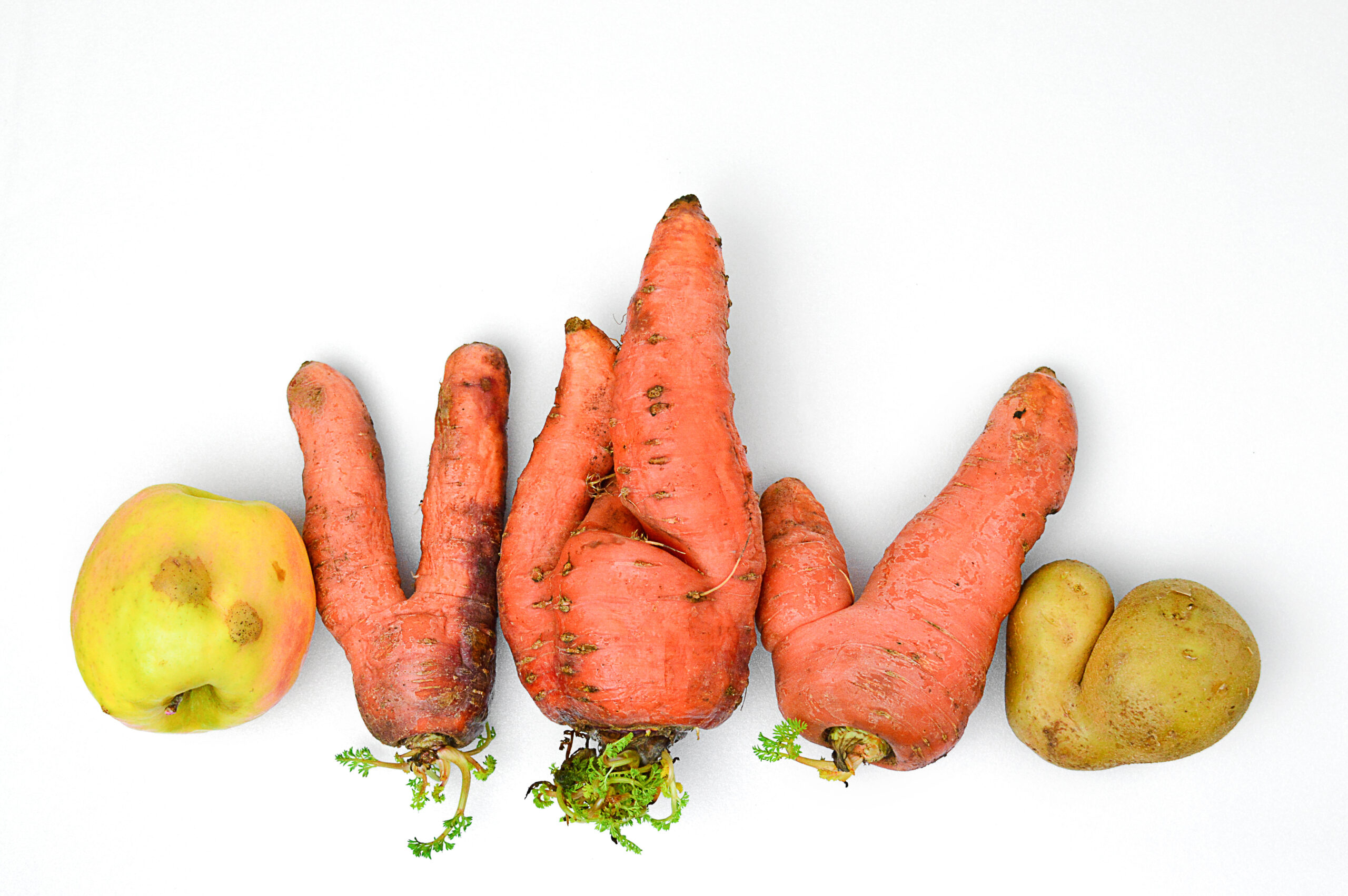By Madeleine Kates
With families looking forward to getting together to share holiday meals, often there is a surplus of leftovers. Nobody wants to waste food, but food waste does not just start at the dinner table. Here are some ways to combat food waste this holiday season:
Make what you have. Start at the beginning, and before going out to buy more flour, see what is already hiding in your pantry. You may be surprised. And do you really need a third jar of nutmeg? If you choose your recipes in advance, and make careful shopping lists, there is less risk of overspending to buy duplicate items.
Seasonal is best. Once you’re at the store or local market, try to buy seasonal and local produce. It will travel shorter distances, and foods in season just taste better. Take advantage of the fresh produce available in our own backyard.
Lonely produce. Many people do not know that if there is one lonely bag of salad, or one grapefruit remaining in a basket, nobody will buy it. There may not be anything wrong with it, but we are trained to look for plentiful displays. Chances are, it is just fine. Plan recipes around what is available, and your creativity will inspire you to make something new.
Funny-shaped or bruised. If you’re cooking it anyway, who cares what it looks like? Often, consumers choose what they believe to be the perfect apple, but coming from a farm instead of a factory, every piece of produce is unique. Make a game out of finding potatoes that look like manatees, squashes that are either too big or too small, and search for carrots with legs. And a bruise? Our food comes from global farms, so imagine how you’d look after a red-eye flight! As long as it’s not moldy, it can have a new life in a favorite dish.
First in, first out. Mark which foods need to be used first, and be mindful of dates or items that have been pushed to the back of the fridge. It is helpful to have a prep day, where all fresh fruits and vegetables are broken down, so that leaves and stems do not get mushy. Fresh produce is more likely to be used during the week if it is chopped and ready to go.
Avoid excess and encourage take-home containers. While a large spread may look impressive, try making just enough, and ask guests to take whatever leftovers they like home with them. These meals are time consuming to create. The longer they are enjoyed, the better!
With the holidays approaching, there is still time to shop smarter, eat better, and save the planet!
For more information on food waste, find Just Eat It: A Food Waste Story free on many streaming services.
Madeleine Kates is a senior at Niagara University pursuing Majors in Life Sciences, Psychology, and Environmental Studies.












